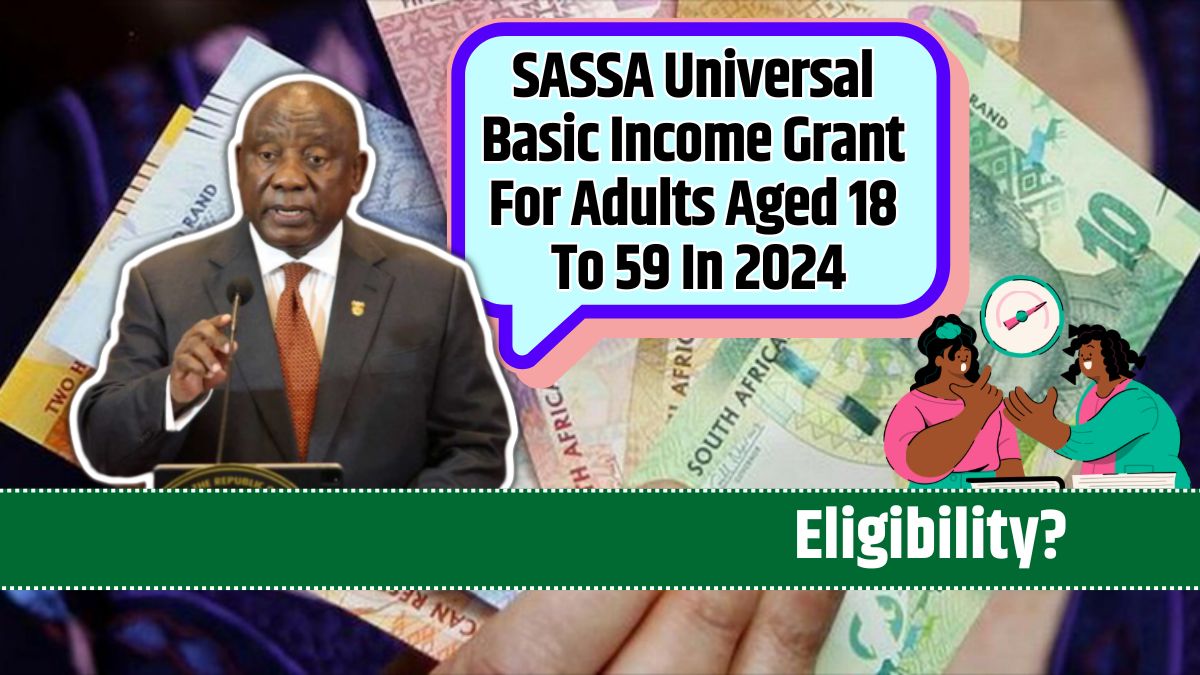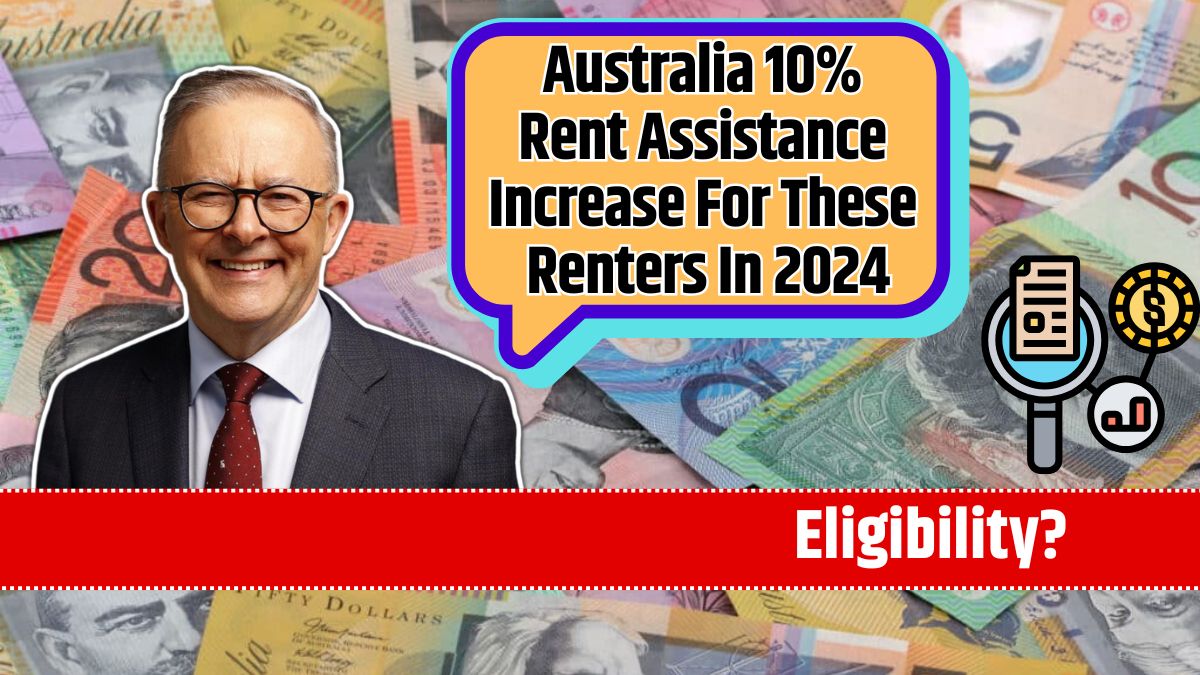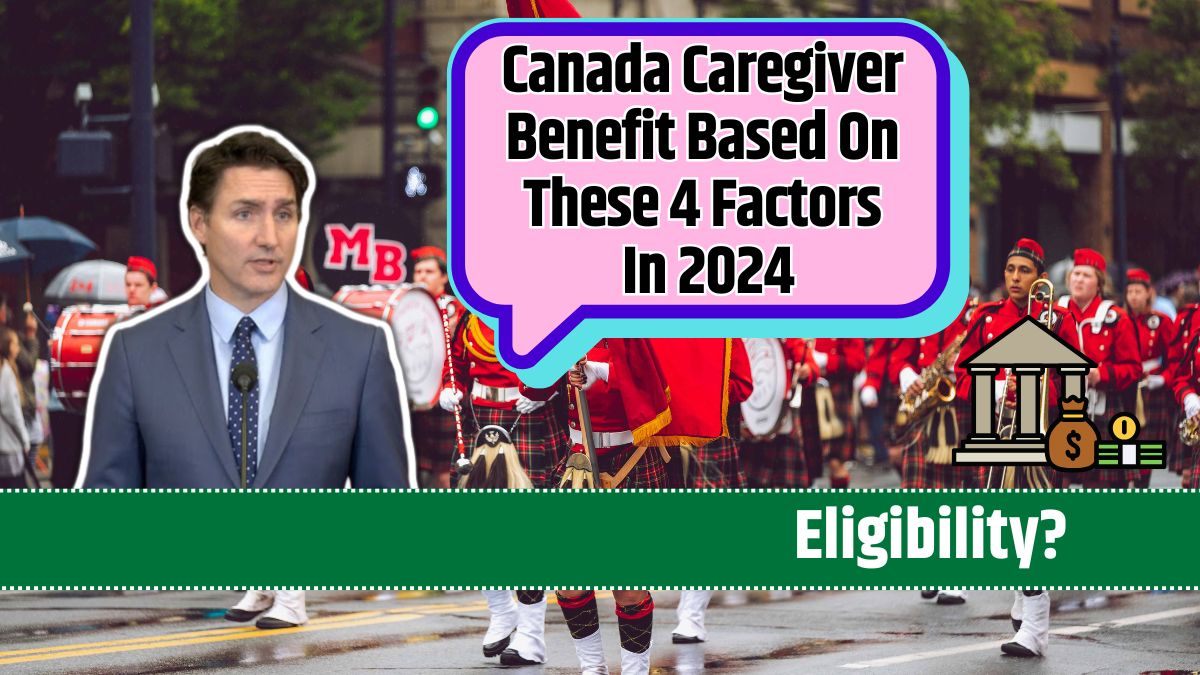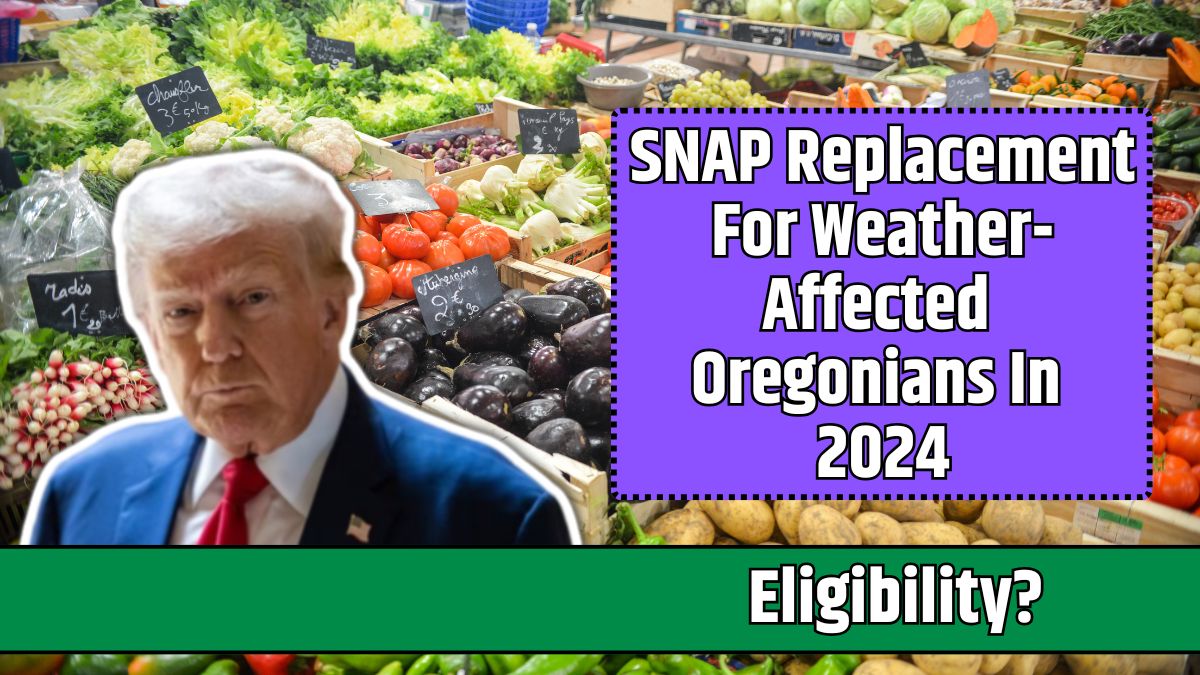South Africa is on the brink of a transformative policy shift with the proposed Universal Basic Income (UBI) Grant. If implemented, the UBI will replace the Social Relief of Distress (SRD) grant, ensuring regular financial support for adults aged 18 to 59.
This bold initiative could make South Africa the first country to adopt a nationwide UBI, signaling a significant step toward addressing poverty and inequality. Here’s a comprehensive look at what this means for citizens and the economy.
What Is UBI?
Universal Basic Income (UBI) is a regular payment provided to all eligible individuals, regardless of employment status or income level.
Unlike traditional means-tested grants, UBI aims to simplify the process and ensure that everyone, especially the economically vulnerable, has a financial safety net.
How It Differs From SRD
The SRD grant, introduced during the COVID-19 pandemic, is limited to individuals below the food poverty line. The UBI, in contrast, proposes to cover all adults aged 18 to 59 and gradually increase income thresholds to encompass more people over time.
Read Also- Rare Bicentennial Quarter Worth Nearly $40 Million USD: 3 More Worth Over $300,000
Why UBI Is Gaining Attention
The ANC announced plans to transition the COVID-19 relief grant into a UBI policy before the May 2024 elections. Although the ANC lost its majority, the initiative remains a key point in coalition negotiations. Political consensus around sustaining or increasing income support adds weight to the policy’s potential implementation.
Economic Impact
Research highlights the economic advantages of UBI, including:
- Increased spending: Direct cash transfers stimulate local economies as recipients use funds for essentials like food and clothing.
- Poverty alleviation: Providing guaranteed income helps people meet basic needs, reducing financial stress.
- Support for entrepreneurship: Stable income allows individuals to invest in small businesses, creating jobs and fostering growth.
Global Lessons on UBI
South Africa’s exploration of UBI aligns with global trends, where trials have demonstrated promising results:
| Country | Program | Outcomes |
|---|---|---|
| Kenya | Large-scale UBI trial by GiveDirectly | Improved diets, savings, and entrepreneurship |
| Spain | Anti-poverty scheme (€1,015/month for households) | Reduced inequality during COVID-19 |
| United States | CARES Act ($1,200 payments) | Boosted household income amid the pandemic |
| UK | Furlough scheme and increased universal credit | Temporarily reduced extreme poverty |
These examples underscore UBI’s potential to provide financial stability and promote economic resilience, particularly in low-income communities.
Challenges Facing UBI in South Africa
While UBI holds promise, implementing it in South Africa comes with significant hurdles:
1. Financial Feasibility
Funding a UBI system requires substantial financial resources. Critics argue that South Africa’s constrained budget may struggle to sustain such a program, particularly given the country’s economic challenges.
2. Application Barriers
Current SRD distribution systems often exclude eligible individuals due to technical issues and the reliance on digital applications. Without addressing these flaws, millions could be left out of UBI.
3. Insufficient Payment Levels
Experts highlight that even the current SRD grant covers only half the amount needed to meet the food poverty line. Policymakers must ensure UBI payments are sufficient to have a meaningful impact.
4. Opposition to Redistribution
Proposals to fund UBI through increased taxes or reallocation of government spending may face resistance from certain sectors of society and business groups.
Steps to Implementing UBI
For UBI to succeed, the following measures must be prioritized:
- Addressing Administrative Challenges: Simplify the application process and expand accessibility to ensure no one is excluded.
- Funding Mechanisms: Explore progressive taxation, reallocation of budgets, or international aid to fund the program sustainably.
- Gradual Rollout: Start with targeted groups before scaling to the full population. This approach allows the government to refine implementation processes.
- Public Engagement: Gain support from citizens and stakeholders by clearly communicating the program’s benefits and addressing concerns.
Potential Benefits for South Africans
If implemented effectively, UBI could transform lives:
- Reduced Inequality: Stable income can narrow the gap between rich and poor.
- Economic Growth: Increased spending power fuels local businesses and job creation.
- Social Stability: A safety net reduces the desperation that often leads to social unrest.
The Role of Advocacy
Organizations like the Institute for Economic Justice (IEJ) and grassroots campaigns (#PayTheGrants) continue to push for improved income support, highlighting the urgency of addressing poverty and systemic barriers.
South Africa’s unique socio-economic landscape makes UBI both a bold and necessary step. While challenges remain, successful implementation could position the country as a global leader in innovative social policy. The months ahead will determine whether this vision becomes a reality, offering hope to millions seeking financial security.













